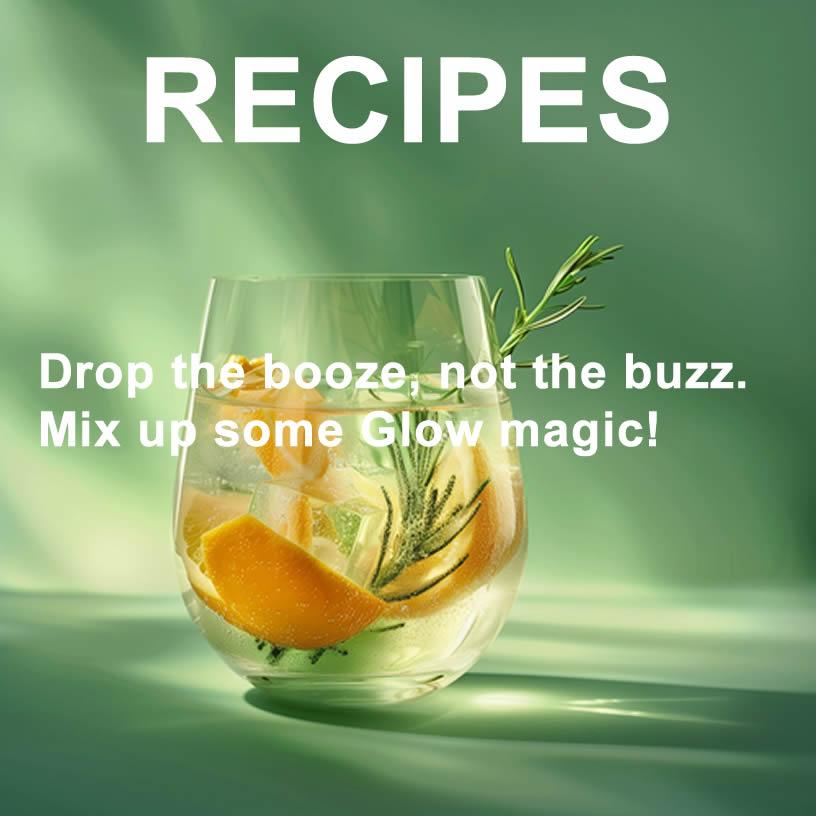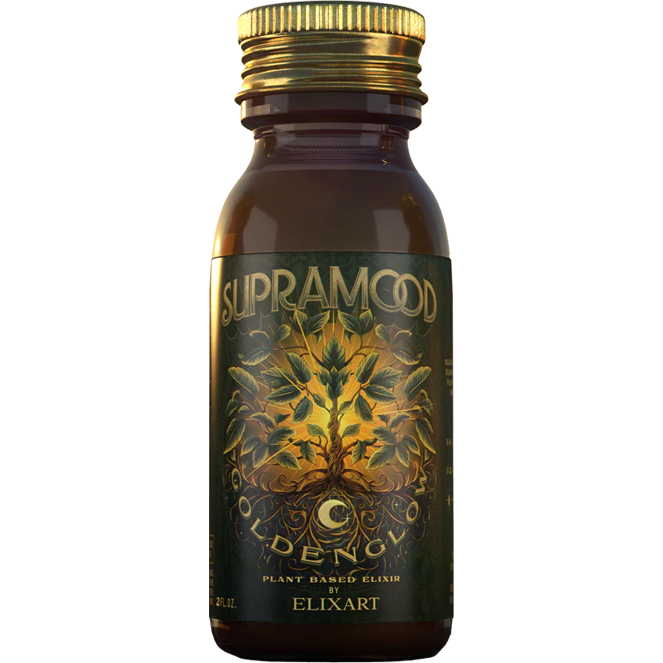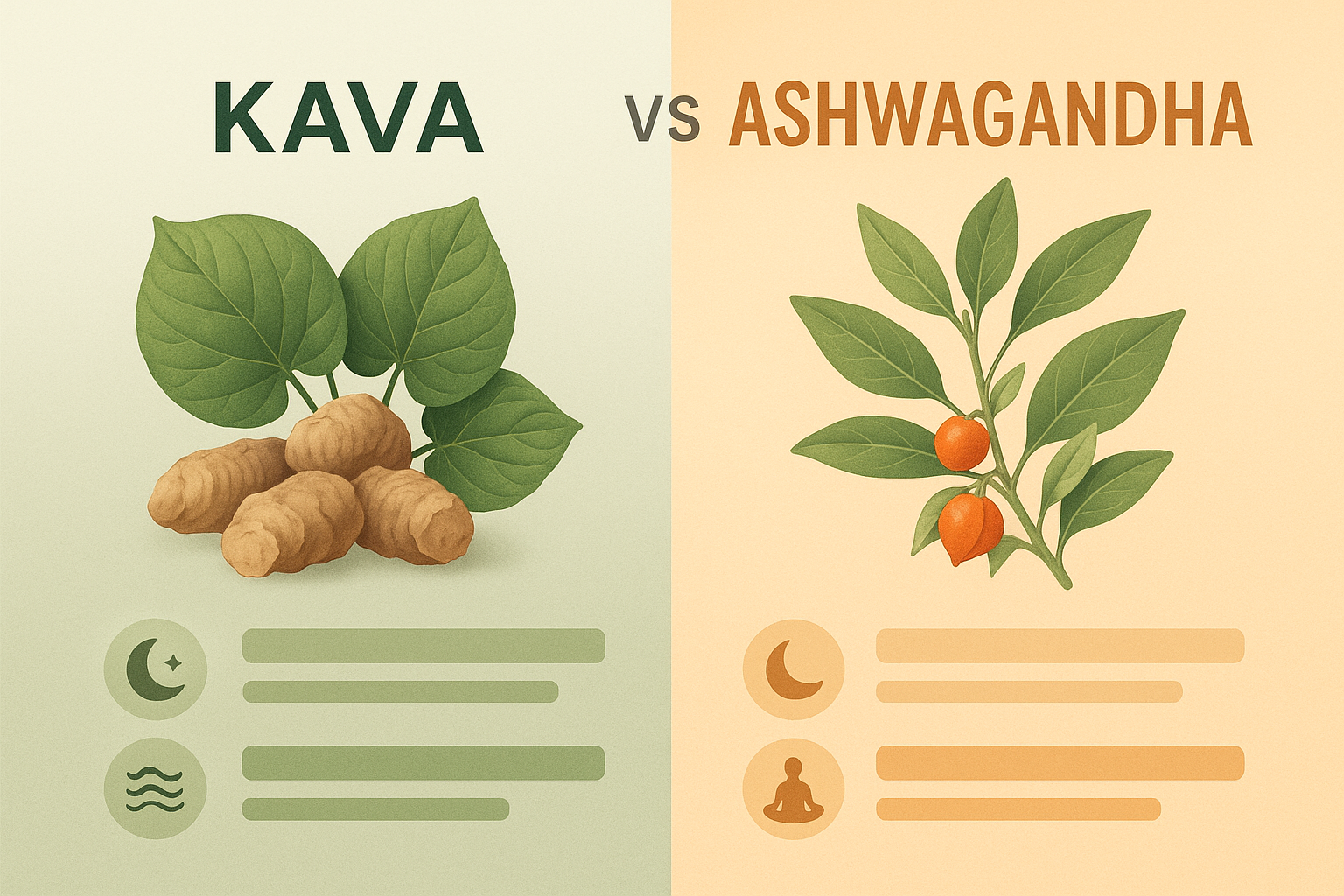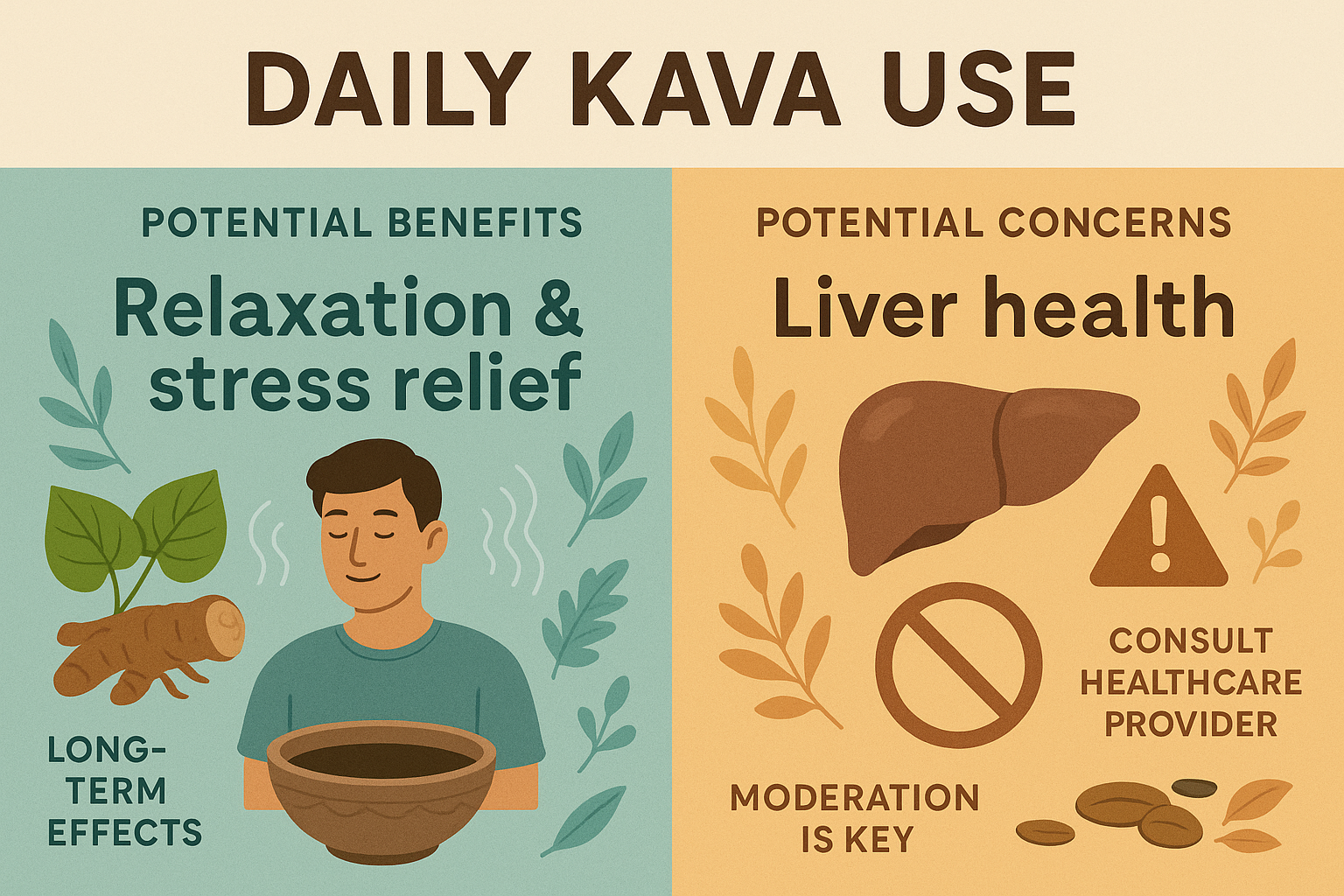Kava, a traditional beverage derived from the Piper methysticum plant, has been consumed in the South Pacific for centuries for its calming effects. In recent years, its popularity has surged in Western countries, with establishments like kava bars emerging in cities such as Denver. However, concerns about kava's impact on liver health have sparked debates, especially when compared to alcohol. Let's explore the facts to understand the relative risks of kava and alcohol on liver health.
Kava and Liver Health: What the Research Says
In the early 2000s, reports emerged linking kava consumption to cases of liver toxicity, leading to regulatory actions in several countries. However, subsequent research has provided a more nuanced understanding. Studies suggest that the risk of liver damage from kava is low, particularly when consumed in traditional forms and moderate amounts. Factors contributing to earlier reports of hepatotoxicity may include the use of non-root parts of the plant, poor-quality extracts, or interactions with other substances. en.wikipedia.org
Alcohol and Liver Health: A Well-Established Risk
In contrast, the detrimental effects of alcohol on liver health are well-documented. Chronic alcohol consumption is a leading cause of liver diseases, including fatty liver, hepatitis, and cirrhosis. The liver metabolizes alcohol, and excessive intake can lead to inflammation, scarring, and impaired function. According to the Centers for Disease Control and Prevention (CDC), alcohol-related liver disease accounts for a significant number of deaths annually.
Comparing the Risks
While both kava and alcohol have been associated with liver concerns, the evidence indicates that alcohol poses a more substantial and well-established risk to liver health. Kava's potential for liver damage appears to be minimal, especially when consumed responsibly and sourced from reputable suppliers. It's essential to consider factors such as quality, preparation methods, and individual health conditions when evaluating the safety of kava consumption.
Responsible Consumption and Alternatives
For those seeking relaxation without the risks associated with alcohol, kava offers a viable alternative. Enjoying kava in social settings, such as a kava bar in Denver, provides a communal experience similar to traditional bars but without the intoxicating effects of alcohol. Additionally, products like Goldenglow Elixir offer a convenient and high-quality kava experience, combining the calming effects of kava with other beneficial botanicals.
Relevant Resources:
- Kava: A Comprehensive Review of Efficacy, Safety, and Psychopharmacology
- Alcohol-Related Liver Disease: Information from the CDC







Leave a comment
This site is protected by hCaptcha and the hCaptcha Privacy Policy and Terms of Service apply.